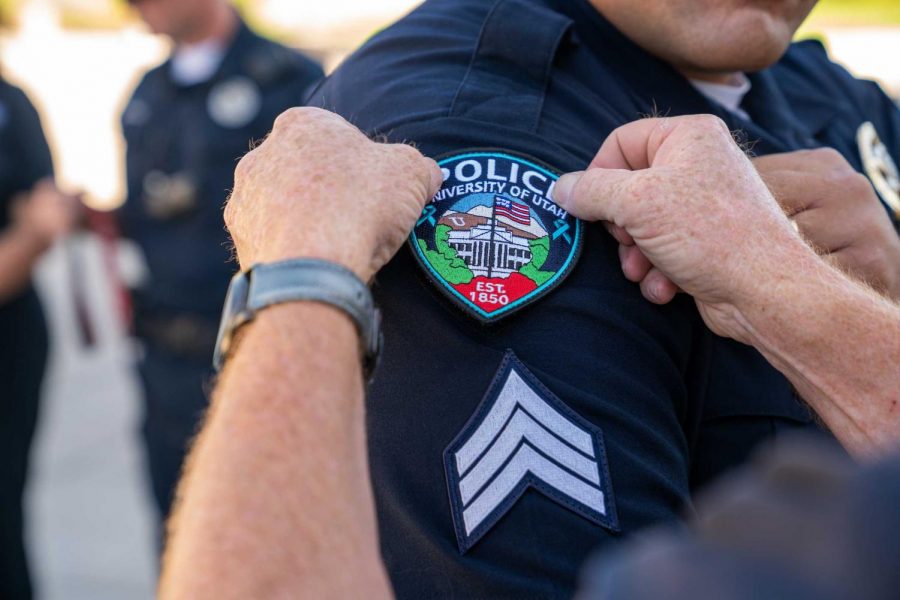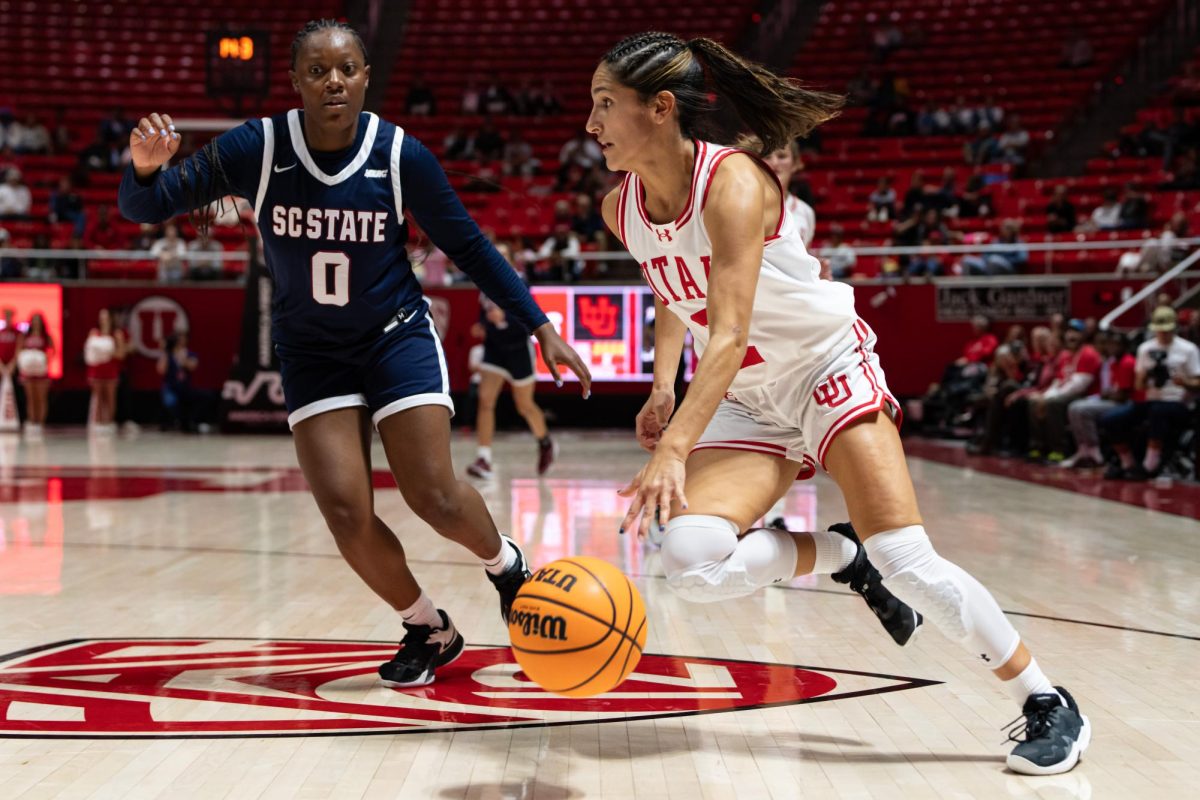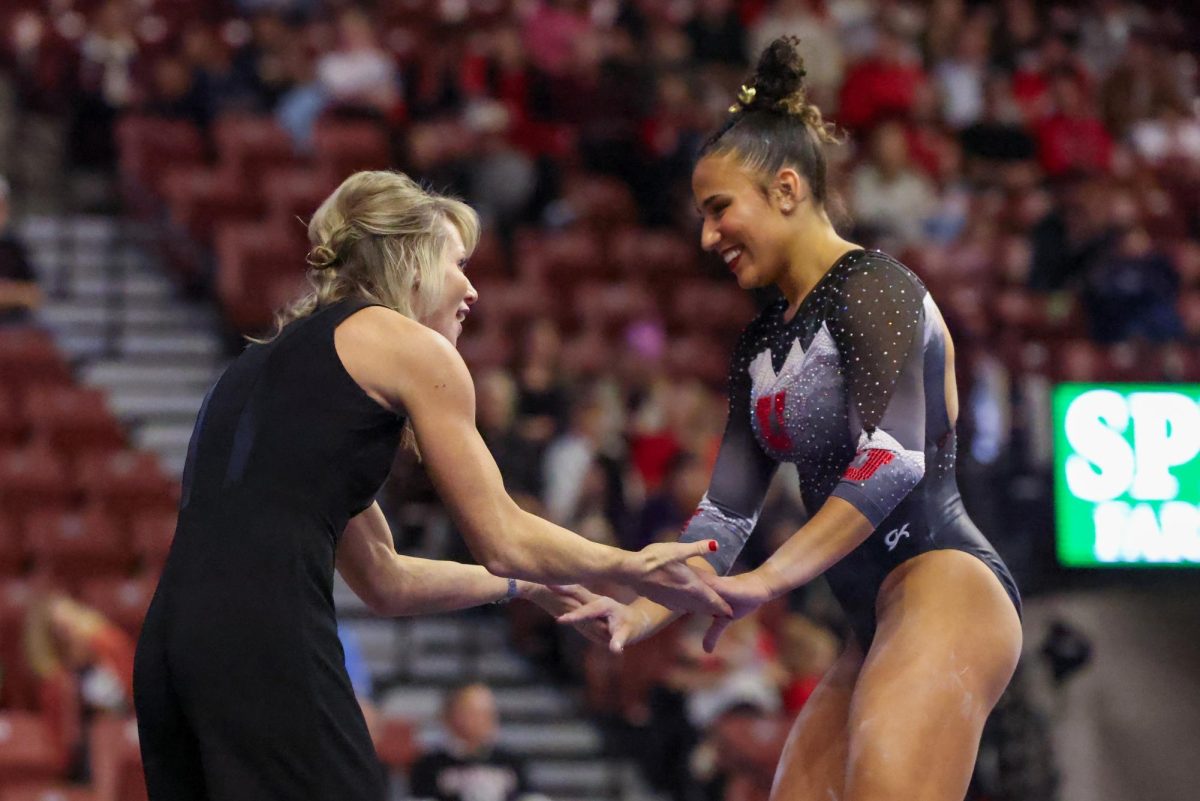The U is Hiring a Chief Safety Officer. Here’s What You Need to Know.
December 2, 2019
It has been over a year since University of Utah student Lauren McCluskey was murdered on campus. The position of chief safety officer was one of the recommendations of an independent review that was done by the University of Utah after Lauren’s murder.
“The idea of a chief safety officer is a position we have never had on campus,” said U spokesperson Chris Nelson. “The idea is that campus safety is too big. You have police, you have housing, you have the dean’s office and you have the health care system. And you need an officer who can bring all of this together.”
After realizing that the uniqueness of the chief safety officer position, the University of Utah hired executive search firm Spelman Johnson for $103,000 to help out with the search for the new chief safety officer, as well as the search for the new police chief.
Usually for “vice presidents and above, we will use a search firm,” Nelson said. “The reason we use a search firm is because [the search firm] will do a lot of recruitment, they will call people who might know they are interested in the job,” he said.
Spelman Johnson “has done a lot of national searches for universities for police chiefs, for vice presidents of student affairs, and they have done a couple for chief safety officer,” said Nelson.
There were 80 original applicants for the position of chief safety officer and the search firm narrowed the original 80 to 16 candidates — 13 men and three women. These 16 candidates are where the U’s search committee took over. Eventually, the U’s search committee narrowed it down to four finalists — three men and one woman.
The search committee consisted of many members of the U’s campus community, including members from the University Hospital, the board of regents and professors. Along with these members from the community, a single student, ASUU President Anna Barnes, also participated.
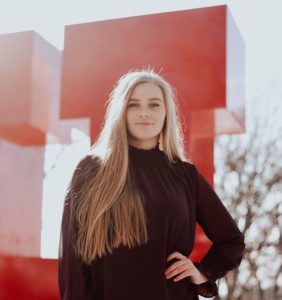
“Usually [the U] tries to make sure there a student on the search committee for a high ranking position like this,” Nelson said. “We always struggle with how to make sure students have a voice because there are 32,000 students on this campus. We defer to ASUU because that is the most organized part of campus and theoretically it is a representation of government,” Nelson said.
“My predecessor Connor Morgan was on the Campus Safety task force, and I joined the Campus Safety Task Force when I was inaugurated,” Barnes said.
“Being a student on the task force and the student body president, [the position of Chief Safety Officer] was obviously a high profile position [the university] was hiring for,” Barnes said. “It’s normally a university best practice to have one, if not several, students on a search committee for a member of the administration. But with the larger [positions], they usually reach out to student government and see what we think, so I was asked to serve on that,” Barnes said.
While Barnes was the only student in the university’s official search committee, there was a student interview process headed up by Barnes.
“I reached out to some of our student representatives at health sciences, I reached out to groups like It’s On Us and folks who have been involved with Center for Ethnic Student Affairs, and folks who have been involved in the LGBTQ community on campus,” Barnes said.
Barnes said her approach to picking which students were involved in the student interview process stemmed from “trying to pinpoint the different safety issues on our campus and then finding people who can speak to those issues to the candidates.” However, any student could have attended these student-led interviews if they wanted to, according to Barnes.
The president of It’s On Us, David Sanchez, was one of the students asked by Barnes to participated in the student-led interviews. It’s on Us is a national movement whose mission is to “is to combat college sexual assault by engaging young men and changing campus culture,” according to their website.
“Most of the other students were a part of ASUU administration,” Sanchez said. “She wanted to have someone from a more outside perspective, so she was referred to me,” Sanchez said.
The four finalists for the chief safety officer met with and conducted interviews with university officials and students over a two-day period in November. These interviews and meetings were accompanied by four separate open forums where the candidates presented their vision for campus safety and answered questions from the general public. There were 30 to 35 people at each forum.
According to Nelson, the purpose of the public forums was to “give the campus community a chance to vet these folks.” The candidates talked about “trends in public safety at universities” while also talking about themselves and what their vision is for the U.
A question remains to be seen — will the voices and concerns of the student body be heard on the search committee through their only representative? For Barnes, the answer is yes.
“I do remember one moment where I had an opinion that was a little bit more divergent, and it was taken really seriously,” Barnes said. “I think that everyone on the committee was actively listening to me, and if there was a candidate that I didn’t feel students would like, I don’t think [that candidate] would be selected.”
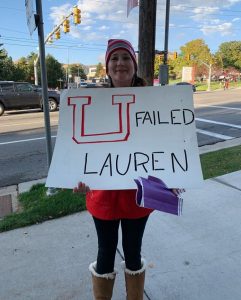
According to Barnes, student input is being taken very seriously from the university on the issue of public safety after many questions have been raised by students about the lack of accountability taken by the U in regards to past safety failures. Barnes said she is looking for a chief safety officer that addresses students’ concerns about the U’s lack of accountability.
In the committee interview process, Barnes asked questions like, “What does a crisis look like, how would you go about solving it and how would you take accountability for what you need to take accountability for?” She explained, “I think that’s key and I think that students need to know that whoever is coming in for safety feels that responsibility.”
Barnes asked candidates what student input looked like in the careers of the candidates, how they have integrated it into their work, and how they would do it at U because Barnes doesn’t “think any chief safety officer can really do their job adequately without substantial input from students.”
Sanchez was looking for something a little bit different in the candidates.
“I looked for people who were genuine, as well as people that had not just experience in safety in general and campus policing, but also survivor-informed trauma and survived-informed, in-community policing.”
According to Sanchez, he also asked the four finalists to show “specific examples of policies or procedures that they implemented on campus and what positive effect those same procedures would bring to [the U] if they were to be implemented.”
While the selection process moves on, according to Nelson, the university hopes to name the new chief safety officer before the start of winter break, which will be on Dec. 13. Once the new chief safety officer is chosen, that person will have a hand in selecting the new police chief at the U.


